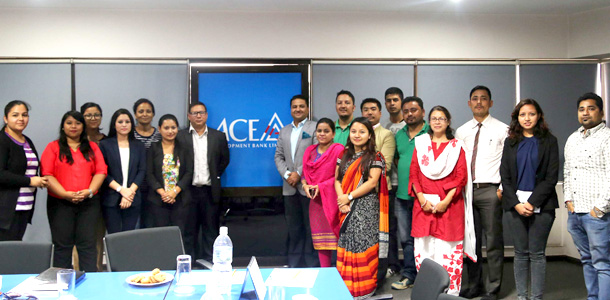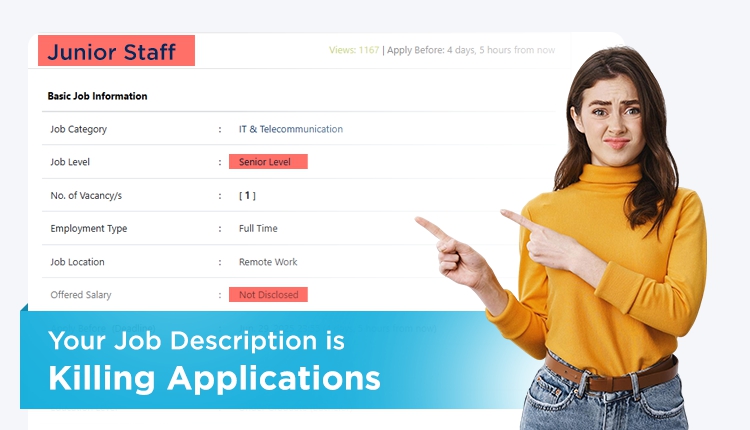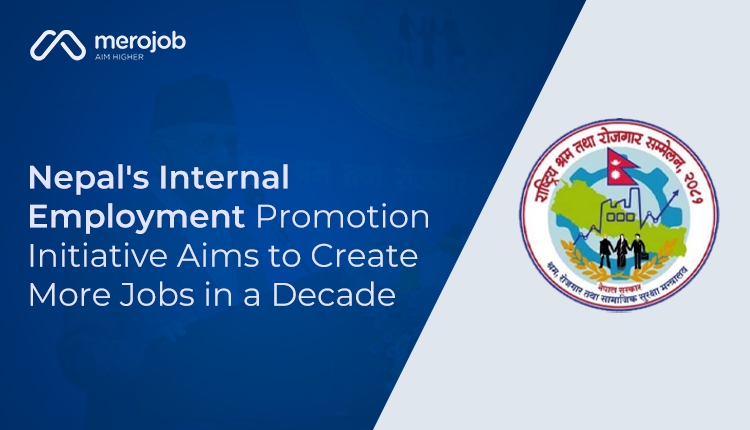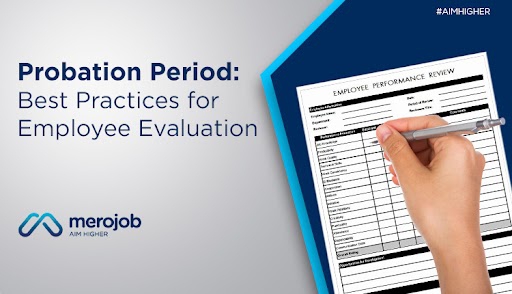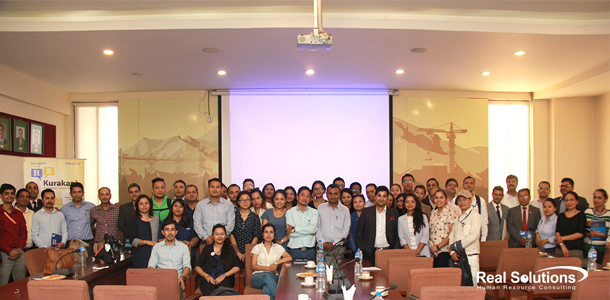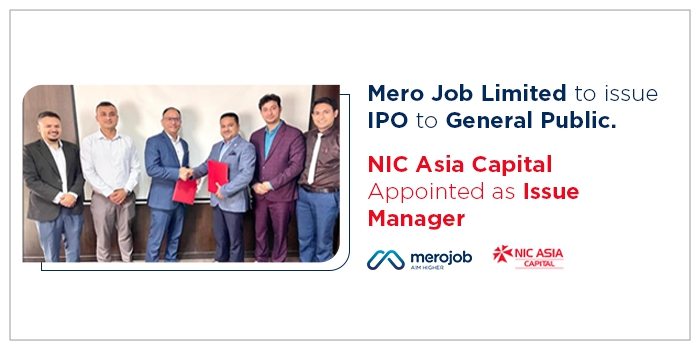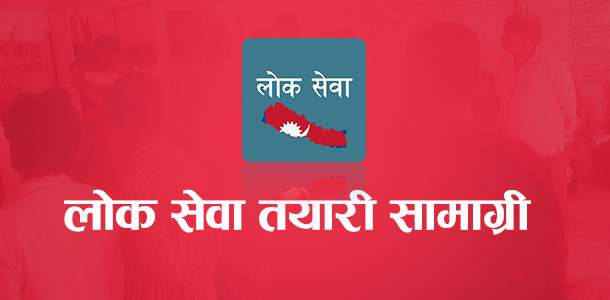Grievance, described as any dissatisfaction or feeling of injustice having connection with one's employment situation which is brought to the attention of management, is something that takes place very commonly in any organization. While grievance can result from various factors, organizational policies, culture and behavior is seen to be as major factors stimulating grievances in the organization. Also, it depends on the nature of an individual and how one reacts to the scenario.
“Grievance is something that cannot be avoided but can be mitigated”, says Mr. Ujjwal Sundas, Managing Director at SAMATA Foundation. “Different types of grievances can be found in reward system, workplace harassment, nature of supervisor, etc.” he added.
Moreover, grievance is the result of expectations vs. reality of an individual. All these factors calls for the need to define the type of grievances and come up with the ways to handle it based on the nature of an organization.
Trends in nature of grievances has also been changing lately. Today, employees are more concerned about their rights. Also, change in technology has been identified as a new source of grievance. For instance, efficiency brought by the use of technologies, many jobs has been reduced. This creates a challenge for the organization to train the employees or create new jobs for them. With regard to this, lack of trainings has been seen as one of the most crucial factor inducing employee grievances.
According to Mr. Shailendra Raj Giri, MD at Real Solutions Pvt. Ltd., “From the perspective of an organization, the attitude of the management towards understanding the problems of employees and resolving the issues accordingly can create a culture of trust and ultimately result in high performance.” Managers must be educated about the importance of the grievance process and their role in maintaining favorable relations with the union.
Similarly, ways of handling grievance also depends on the type of industry and nature of the organization. More specified grievance mechanism is need in manufacturing industry, while the same intensity might not be needed in other industries. Individual organizations must take a proactive approach by researching on the type of grievances and prepare handling mechanisms accordingly.
Many grievances go unnoticed or unresolved due to employees feeling reluctant to share them. Due to lack of proper policies, grievances handling mechanisms and often due to lack of trust towards the management, employee fear bringing these issue out to the HR department or the management. HR should establish a level of trust among the employees and also should encourage them to come up with the grievance issue, if any.
In Nepalese industries, it is seen that most of the grievance are handled directly by labor unions but it would be better if the employees, union and the management solve it through the HR Department and then only move to the Unions if the problems or grievances are not solved. This issue can be solved by developing a flow chart that defines the process for handling grievance in an organization.
The Government of Nepal has also provided various policies and provisions for handling grievances. Labor law and Labor Court in Nepal has various provisions for the welfare and well-being of the employees. However, it will always be a good idea to solve the problem within an organization rather than involving the labor court or any other external agents.
Effective grievance handling is an essential part of cultivating good employee relations and running a fair, successful, and productive workplace. Positive labor relations are two-way street both sides must give a little and try to work together. Relationship building is key to successful labor relations.
Developing proper policies and procedures along with communicating well within the organization will help gain trust among the employees. Also, having a strong HR department will ensure productivity in the organization. HR should be well equipped with people skill as well as grievance handling skill.
HR should focus on creating an effective grievance handling mechanism. Other measures can be developing grievance reporting form, grievance redressal approaches, succession planning, etc. timely career counselling and trainings can also contribute to minimizing grievance and uplifting productivity among the employees.
Real Solutions Pvt. Ltd. would like to thank all the participants for their valuable contribution throughout the discussion and also encourage HR practitioners from various organizations to join the discussion in the near future
